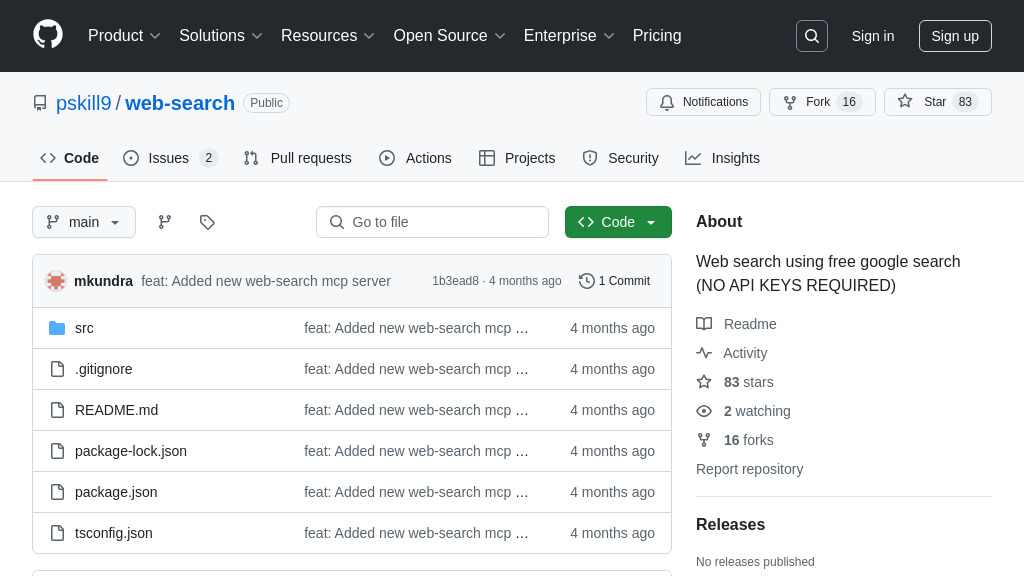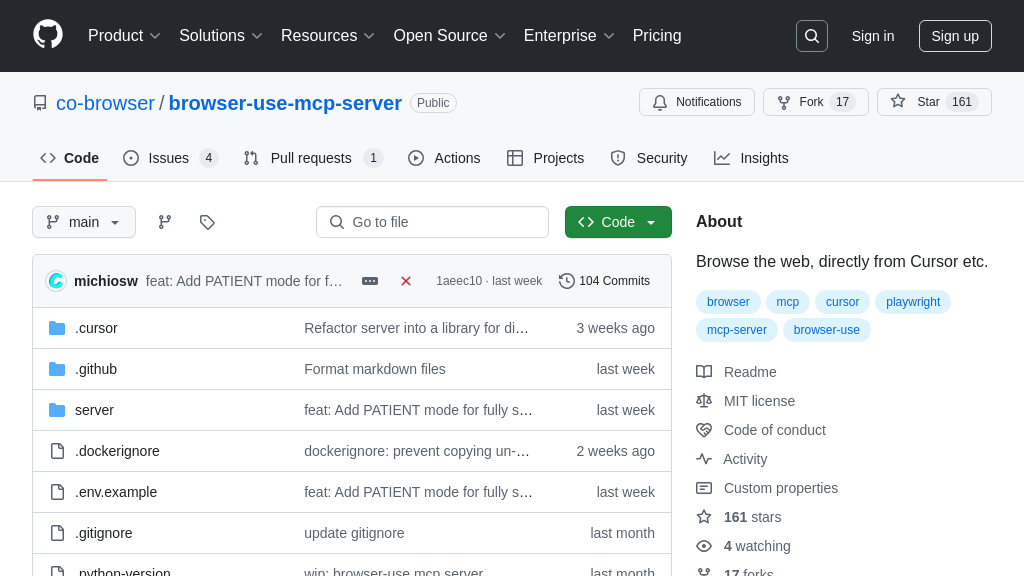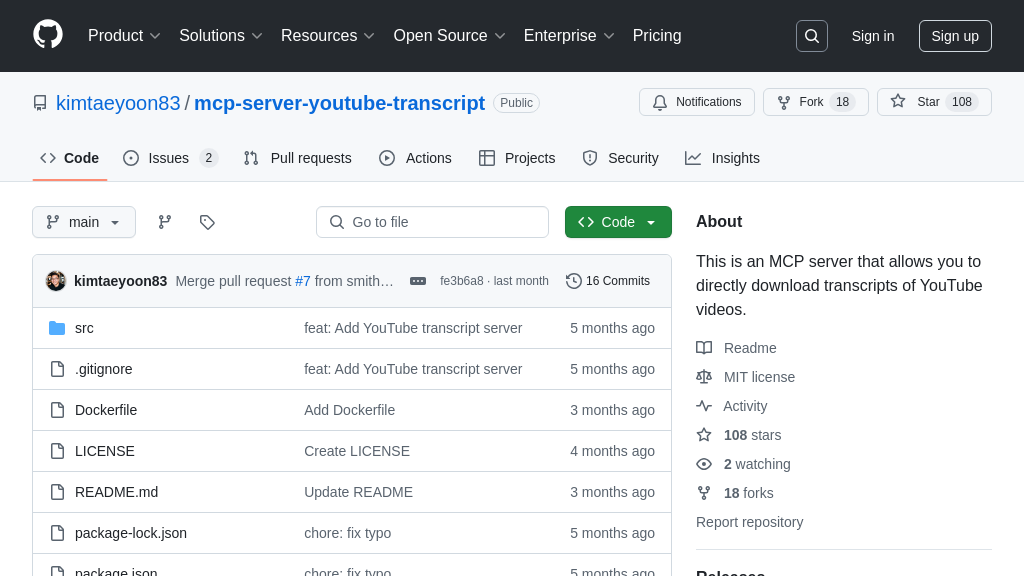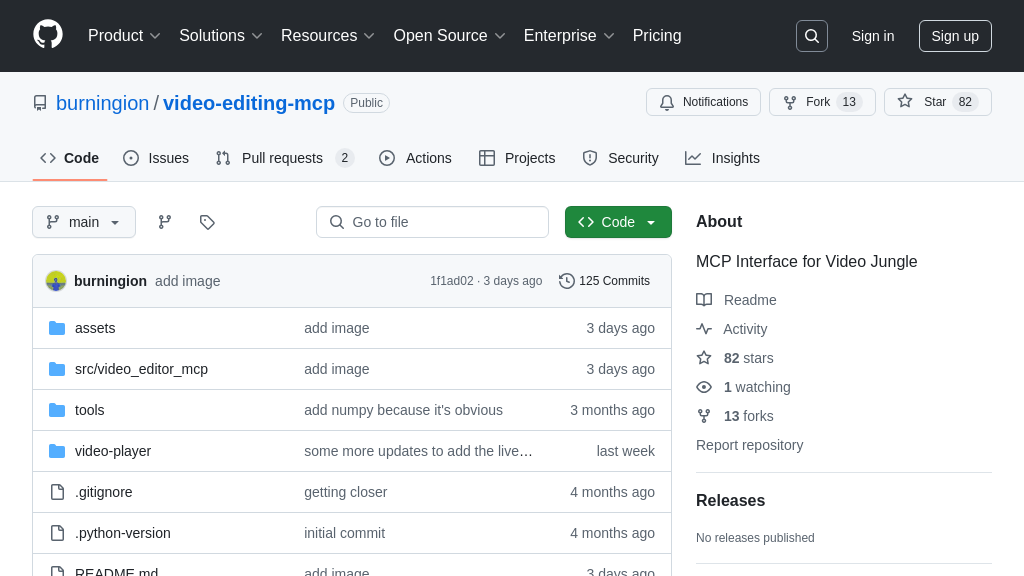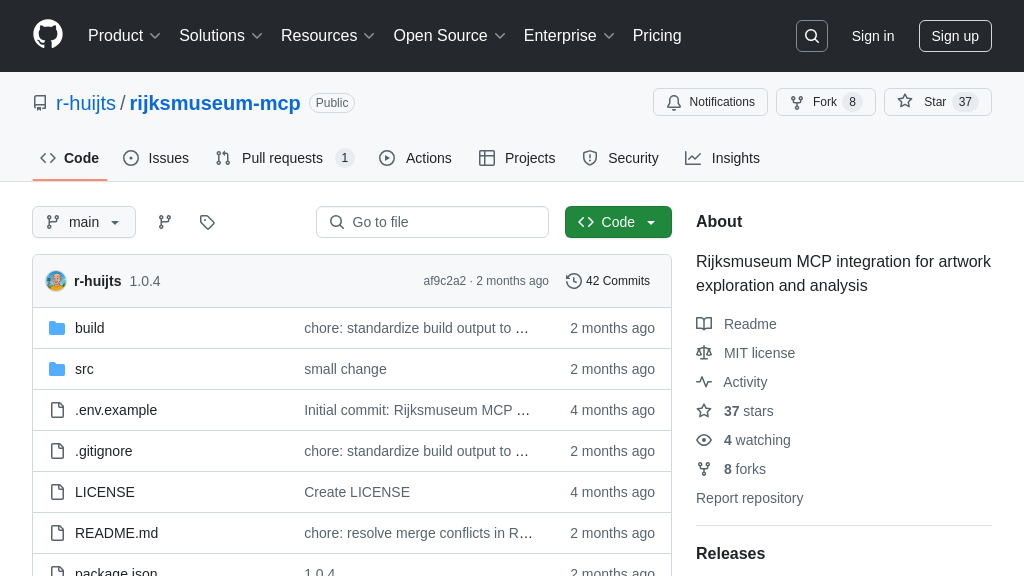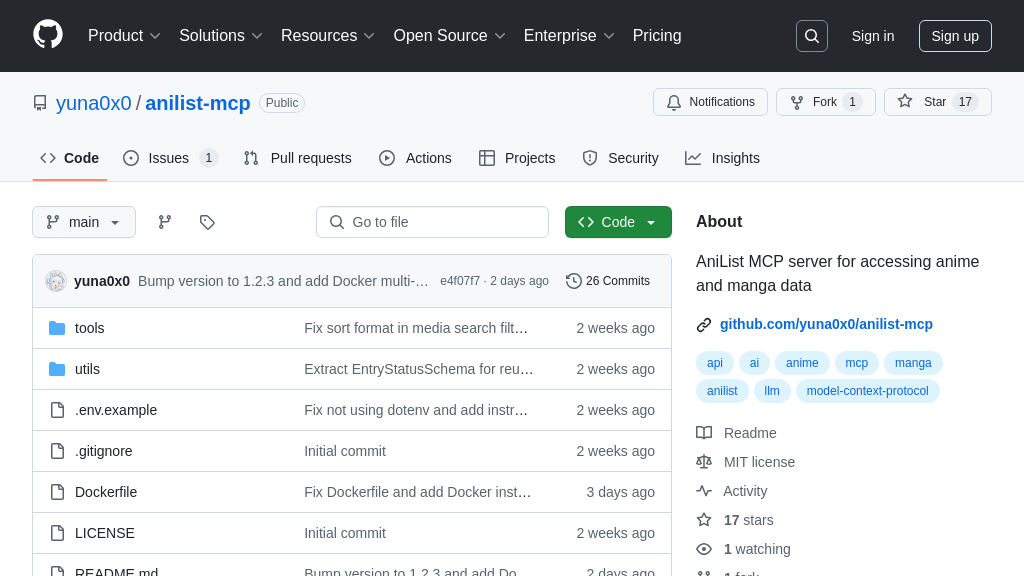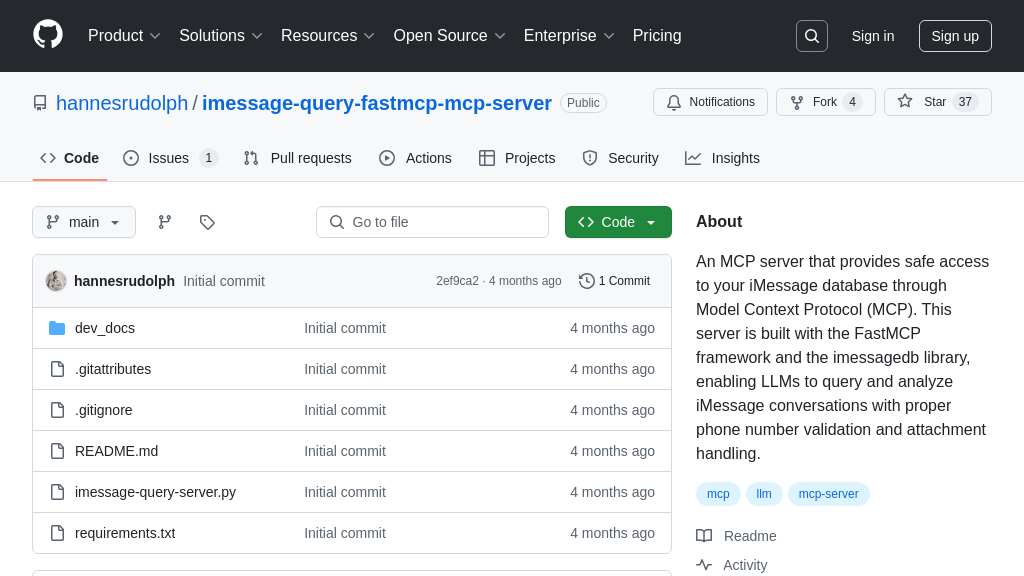mcp-server-deep-research
mcp-server-deep-research: Your AI research assistant for in-depth, well-cited reports.
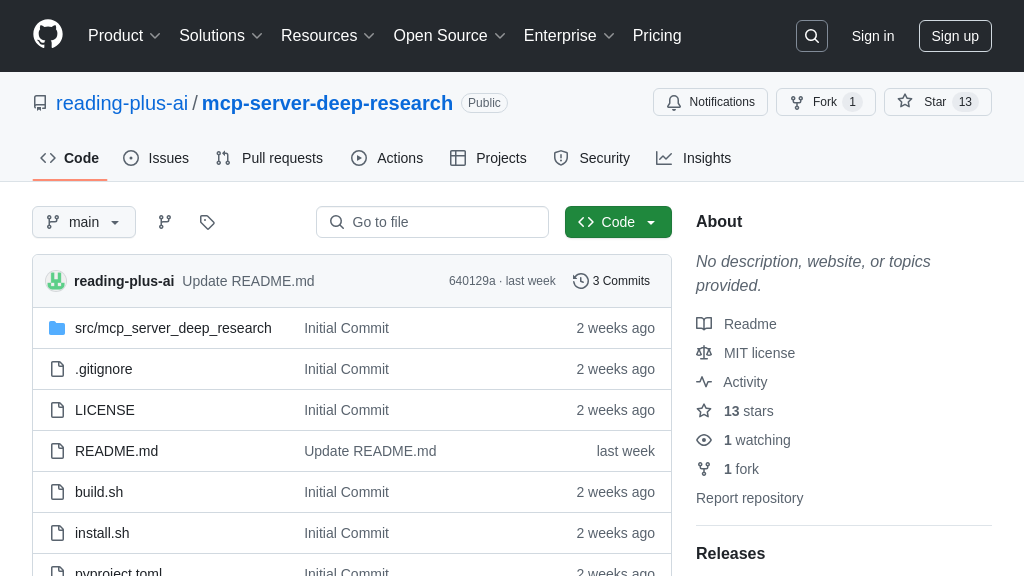
mcp-server-deep-research Solution Overview
MCP Server for Deep Research is a powerful tool designed to streamline in-depth research on complex topics. As an MCP server, it empowers AI models to conduct comprehensive explorations, discover relevant sources, and generate structured research reports.
This server enhances AI capabilities by providing a complete research workflow, including question elaboration, subquestion generation, web search integration, content analysis, and report generation. It addresses the developer's need for efficient, well-structured research, saving time and improving the quality of insights. By leveraging Claude's built-in web search, it ensures access to authoritative sources and diverse perspectives. The server delivers well-cited, balanced reports, offering evidence-based conclusions.
Developers can easily integrate this server using standard MCP client-server architecture, utilizing prompts tailored for deep research tasks. The server is implemented in Python and can be readily modified to suit specific research needs.
mcp-server-deep-research Key Capabilities
Question Elaboration for Clarity
This feature enhances the initial research question by expanding on its core concepts and identifying key terms. It essentially refines the scope of the research, ensuring that the AI model has a clear understanding of the user's intent. The process involves breaking down the broad question into smaller, more manageable components, defining the parameters of the research, and highlighting the specific areas that need to be explored. This is crucial for preventing the AI from going off on tangents or missing important aspects of the topic. For example, if the initial question is "What is the impact of AI on healthcare?", the elaboration feature might identify key terms like "machine learning," "diagnosis," "treatment," and "patient care," and then narrow the scope to focus on specific applications of AI in these areas. This ensures that the subsequent research is targeted and relevant.
Subquestion Generation for Structure
The subquestion generation feature is designed to create a structured framework for the research process. It automatically generates a series of focused subquestions that address different facets of the main research question. This ensures comprehensive coverage of the topic and provides a systematic approach to gathering information. Each subquestion acts as a mini-research project, guiding the AI model to explore specific aspects of the overall topic. For instance, if the main question is "What are the ethical implications of self-driving cars?", the subquestion generation feature might create subquestions like "How do self-driving cars make decisions in accident scenarios?", "Who is liable in the event of an accident involving a self-driving car?", and "How can the privacy of data collected by self-driving cars be protected?". This structured approach ensures that all relevant angles are considered and that the final report is well-organized and thorough.
Web Search Integration with Citations
This feature leverages the capabilities of web search to gather relevant and authoritative information for each subquestion. It automatically performs targeted searches, identifies credible sources, and collects diverse perspectives on the topic. A key aspect of this feature is its ability to properly cite all sources used, ensuring academic integrity and allowing users to verify the information presented. The integration with web search allows the AI model to access a vast repository of knowledge, while the citation functionality ensures that the information is presented in a responsible and transparent manner. For example, when researching the subquestion "What are the environmental benefits of renewable energy sources?", the web search integration would identify reputable sources like scientific journals, government reports, and industry publications, and then automatically generate citations for each source used in the report.
Report Generation with Evidence
The report generation feature compiles the findings from the research process into a well-structured, comprehensive report. It synthesizes information from multiple sources, presents a balanced view of the topic, and provides evidence-based conclusions. The report is formatted for clarity and readability, making it easy for users to understand the key findings and insights. This feature automates the process of creating a high-quality research report, saving users time and effort. The report includes proper citations for all sources, allowing readers to easily verify the information and explore the topic further. For example, a report on "The impact of social media on political polarization" would include sections on the different ways social media can contribute to polarization, evidence from studies and research, and a discussion of potential solutions.

